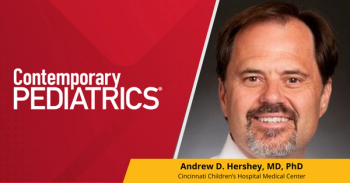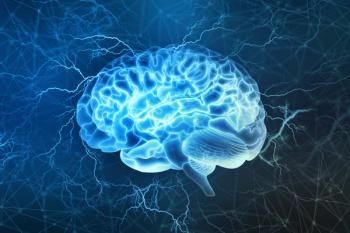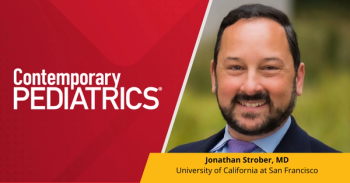
Treating sleep apnea reverses brain abnormalities
Treating obstructive sleep apnea (OSA) in children early can alter their entire learning trajectory, new research shows. What treatment was most effective in reversing cognitive deficits caused by OSA?
Treating children with obstructive sleep apnea (
In this first study to demonstrate that brain metabolites of the frontal cortex, which govern attention, cognition, and verbal memory, normalize when pediatric OSA is treated, researchers from the University of Colorado and Johns Hopkins University compared 17 patients with OSA with 11 healthy controls. Children were aged between 8 and 11 years.
The patients with OSA were treated with adenotonsillectomy followed by monitored continuous positive airway pressure if their apnea-hypopnea index (AHI) measured greater than 3 or nasal treatments if AHI was 2 to 3.
Before treatment, the patients with OSA had decreased N-acetyl aspartate to choline (NAA/Cho) ratios in the left hippocampus and left frontal cortex compared with healthy controls. Patients with OSA also had decreased executive function of working memory, attention, and verbal memory.
Six months after treatment, both left and right frontal cortex neuronal metabolites normalized; hippocampal metabolites also improved but did not return to normal. Verbal memory improved, as did attention.
The investigators conclude that the study underscores the need to diagnose and treat OSA early to minimize interruptions in the learning process.
Newsletter
Access practical, evidence-based guidance to support better care for our youngest patients. Join our email list for the latest clinical updates.






